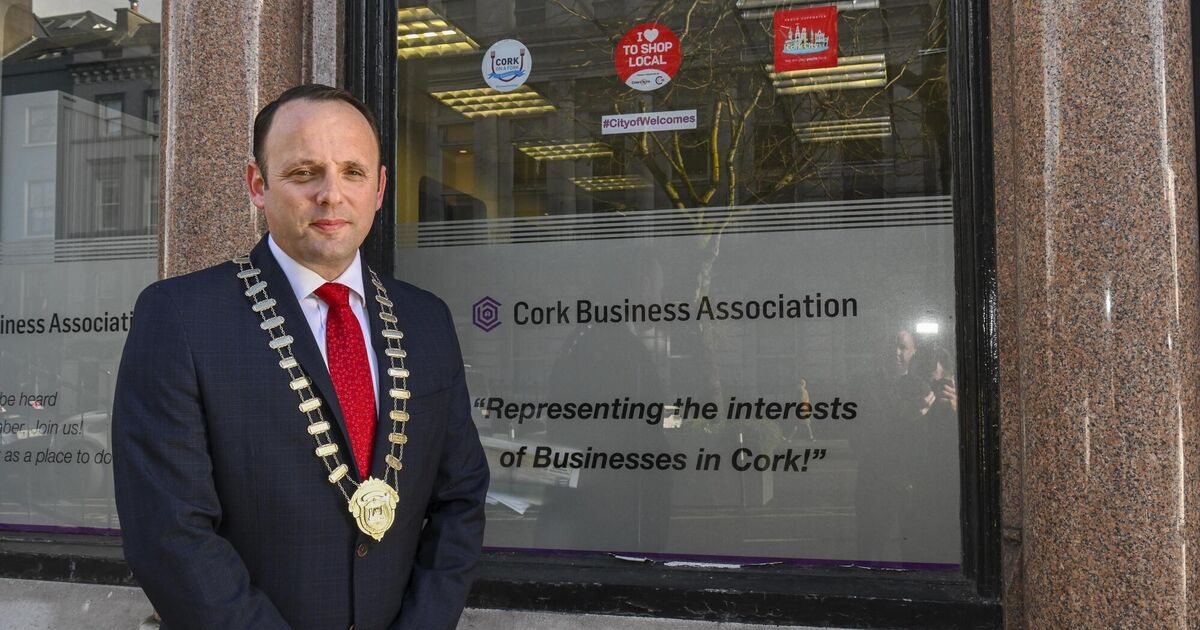President of the Cork Business Association (CBA) Aaron Mansworth has called on the government to develop a long-term plan to ensure the survival of businesses in vulnerable areas, calling the first six months of the year particularly challenging for the hospitality sector.
In its pre-budget submission, the business group recommended that the government does not proceed with increasing the minimum wage for workers under the age of 20 or in full-time education in light of rising business costs, adding that the government should consider a funding mechanism for small businesses if existing plans are to remain in place.
“The issues around increased VAT rates, minimum wage hikes, and debt warehousing repayments have placed immense strain on businesses,” said Mr Mansworth. “While the government has delayed some additional costs, the impending expenses are still looming.”
The CBA is also advocating for a reduction in the VAT rate for food-related hospitality services, echoing calls made last week by the Restaurants Association of Ireland, which said Budget 2025 would be solely assessed on the Government’s decision regarding the hospitality sector’s VAT rate.
Despite growing support amongst business organisations for a restoration of a 9% Vat rate, the Irish Examiner reported earlier this month that the move, which was initially introduced during the pandemic to help the struggling sector and extended to offset rising inflation and cost of living pressures, is considered unlikely, despite Fine Gael’s lobbying for the reduced rate.
The business group is also calling for additional security measures, calling it an “urgent need” for Cork city. Amongst its recommendations, the group suggested the government distribute unspent Gardaí hiring funds to businesses for security costs as well as fund for community wardens and initiatives to free up Gardaí from court duties.
“Most retail and hospitality businesses are now paying for direct security – they can no longer rely on the Guards to keep the streets safe,” said the organisation. “This is a cultural problem that needs urgent attention.”
The CBA has also proposed several measures for SMEs, including a small business tax credit for firms with profits under €100,000, a review of Employers PRSI and their impact on small companies, and changes to promote investment in SMEs and reduce restrictions on qualifying firms.
Housing and infrastructure has also been highlighted as a key issue by the group, with several measures proposed to increase footfall in the city. Among its recommendations, the CBA has called for the re-introduction of a living over the shop tax incentive to get people back living in the city adding that it should be made commercially viable for landlords to convert storage spaces above retail units into residential units.
The group is also calling for a lower corporate tax rate for landlords, as well as measures to further incentivise the building of apartments in the Cork Docklands, Tivoli and North Blackpool.
“We hope this submission is reviewed by the department, and that SME businesses in Cork and beyond are not continually overlooked in budgetary policies,” Mr Mansworth concluded.

